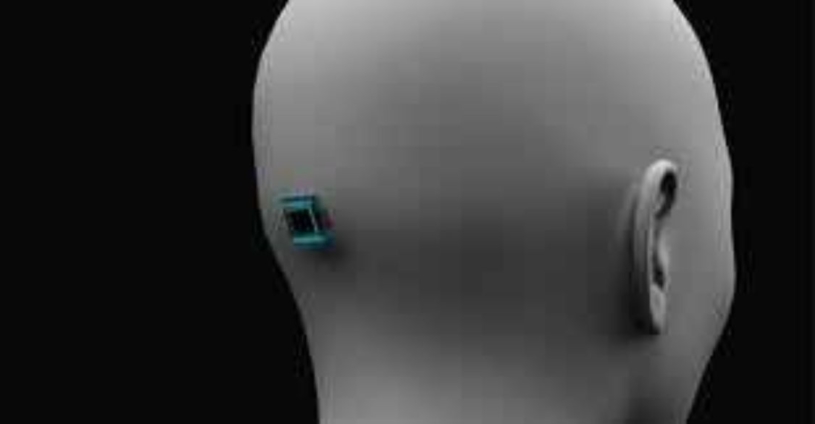Elon Musk's Neuralink is a neurotechnology company that is developing implantable brain–computer interfaces. The company was founded in 2016 by Musk and a team of seven scientists and engineers, and it is based in Fremont, California.
Neuralink's main goal is to develop a device that can be implanted in the human brain to improve cognitive function and treat neurological disorders. The company has already made significant progress, and it has successfully implanted its devices in animals.
In May 2023, Neuralink received FDA approval to conduct its first human clinical trial. The trial will involve a small number of patients with severe paralysis, and it will test the safety and efficacy of Neuralink's device.
The potential benefits of Neuralink's technology are vast. The device could be used to treat a wide range of neurological disorders, including Alzheimer's disease, Parkinson's disease, and stroke. It could also be used to improve cognitive function in healthy people, and it could even be used to create a new form of communication between humans and machines.
However, there are also potential dangers associated with Neuralink's technology. The device could be used to control people's thoughts and actions, and it could also be used to create a new form of surveillance. Additionally, there is always the risk of the device malfunctioning and causing serious harm to the patient.
Overall, Neuralink's technology is a powerful tool with the potential to revolutionize the way we treat neurological disorders and improve human cognition. However, it is important to be aware of the potential dangers associated with this technology before it is widely adopted.
Here are some of the potential dangers of Neuralink's technology:
· The device could be used to control people's thoughts and actions.
· The device could be used to create a new form of surveillance.
· There is always the risk of the device malfunctioning and causing serious harm to the patient.
Here are some of the potential benefits of Neuralink's technology:
· The device could be used to treat a wide range of neurological disorders.
· The device could be used to improve cognitive function in healthy people.
· The device could be used to create a new form of communication between humans and machines.
It is important to weigh the potential dangers and benefits of Neuralink's technology before it is widely adopted. The company is still in the early stages of development, and it is not yet clear how the technology will be used in the future.
However, the potential benefits of Neuralink's technology are vast, and it has the potential to revolutionize the way we treat neurological disorders and improve human cognition
About the author: Amanda Clinton is an international lawyer and social commentator on topics ranging from African Politics, technology and AI developments.
Latest Stories
-
I want to focus more on my education – Chidimma Adetshina quits pageantry
2 hours -
Priest replaced after Sabrina Carpenter shoots music video in his church
2 hours -
Duct-taped banana artwork sells for $6.2m in NYC
2 hours -
Arrest warrants issued for Netanyahu, Gallant and Hamas commander over alleged war crimes
2 hours -
Actors Jonathan Majors and Meagan Good are engaged
2 hours -
Expired rice saga: A ‘best before date’ can be extended – Food and Agriculture Engineer
2 hours -
Why I rejected Range Rover gift from a man – Tiwa Savage
2 hours -
KNUST Engineering College honours Telecel Ghana CEO at Alumni Excellence Awards
3 hours -
Postecoglou backs Bentancur appeal after ‘mistake’
3 hours -
#Manifesto debate: NDC to enact and pass National Climate Law – Prof Klutse
3 hours -
‘Everything a manager could wish for’ – Guardiola signs new deal
3 hours -
TEWU suspends strike after NLC directive, urges swift resolution of grievances
4 hours -
Netflix debuts Grain Media’s explosive film
4 hours -
‘Expired’ rice scandal: FDA is complicit; top officials must be fired – Ablakwa
5 hours -
#TheManifestoDebate: We’ll provide potable water, expand water distribution network – NDC
5 hours

